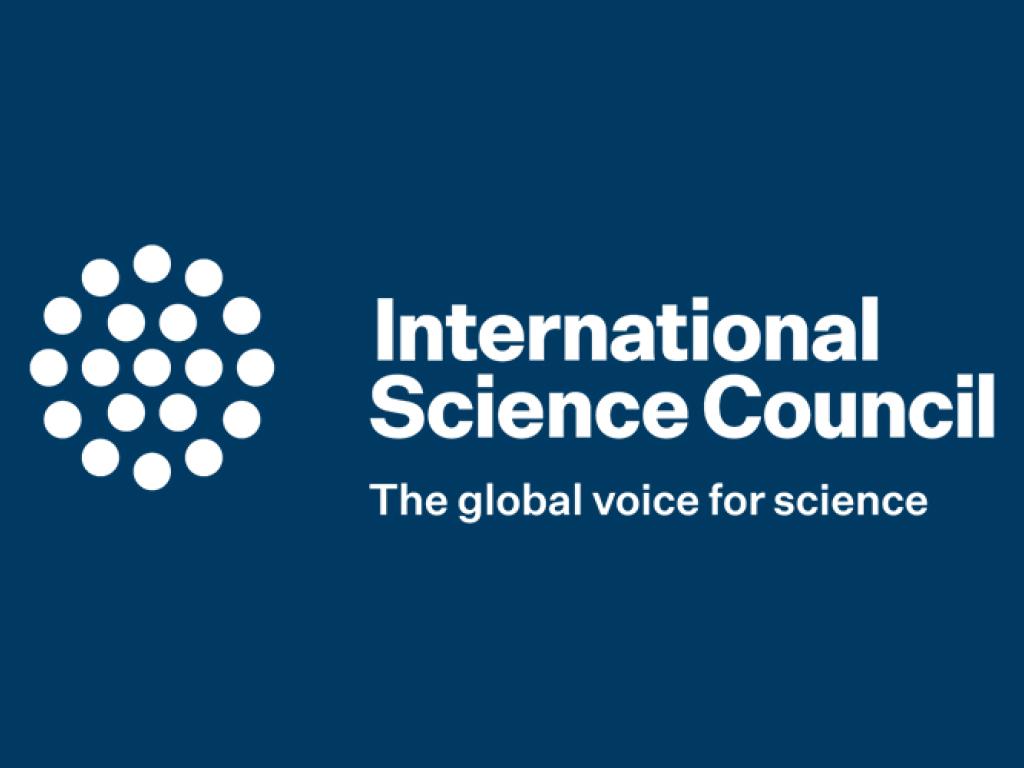Advancing ocean sustainability: UCT-MARIS expert contributes to shaping science-based priorities ahead of the 2025 UN Ocean Conference

As governments prepare for the 2025 UN Ocean Conference (UNOC-3), the International Science Council’s Ocean Expert Group – co-chaired by Prof. Lynne Shannon, Deputy Director of MARIS - has contributed a set of science-based priorities to inform the Ocean Declaration and strengthen global ocean governance.
These inputs were submitted to the Zero Draft of the Declaration and highlight critical gaps in current approaches, offering concrete recommendations to strengthen the role of science in global ocean governance.
The Expert Group, appointed in 2024, brings together leading ocean scientists to ensure that the global negotiations are informed by the latest scientific knowledge. Their latest contribution, Ocean at a tipping point: Science-based priorities for UNOC-3, outlines science-based priorities designed to inform ongoing political negotiations around the Ocean Declaration, calling for urgent action to prevent ocean tipping points, strengthen ecosystem and community resilience, improve global ocean governance, scale up ocean science and monitoring, and secure equitable and sustained financing for implementation - particularly in vulnerable regions.
Lynne brings expertise in marine ecosystem-based research in support of achieving global biodiversity goals, contributing to the group’s mission to strengthen the role of science in tackling urgent ocean challenges — including climate change, pollution, overexploitation, and biodiversity loss. Her involvement highlights MARIS’ broader commitment to advancing sustainable ocean policy through international scientific collaboration.
Prof Lynne Shannon and Dr Emma Rocke of UCT-MARIS are also actively engaging in the lead up to the UNOC-3 process through presentations and panel contributions at the One Ocean Science Congress that immediately precedes UNOC-3.
“For a sustainable future for both humans and the rest of nature, the Ocean – as a pivotal part of Earth system functioning – will need to be recognized, appreciated, utilized and managed with consideration of whole ecosystems, where all parts and users are considered together. This will require transformation of how we value all ocean life, and how we interact with and use our ocean resources”, says Lynne.
About UNOC-3
The 2025 UN Ocean Conference (UNOC-3) will take place from 9 to 13 June 2025 in Nice, France, co-chaired by France and Costa Rica. Focused on advancing Sustainable Development Goal 14 (Life Below Water), the Conference will bring together governments, scientists, civil society, and the private sector to address critical issues such as marine pollution, overfishing, and the impacts of climate change on marine ecosystems.
The International Science Council (ISC) plays an active role in the Conference by contributing its scientific expertise and mobilizing its global networks to ensure that the discussions and outcomes are grounded in the best available knowledge.